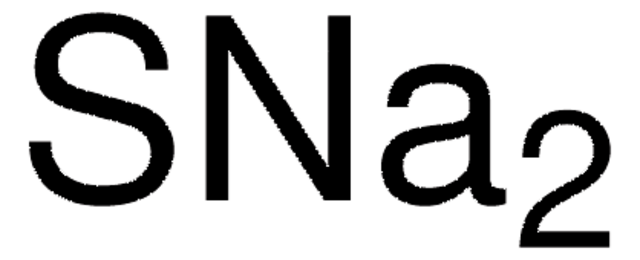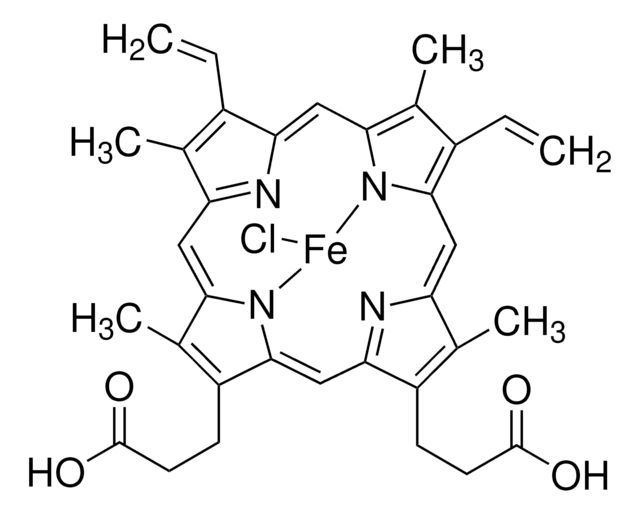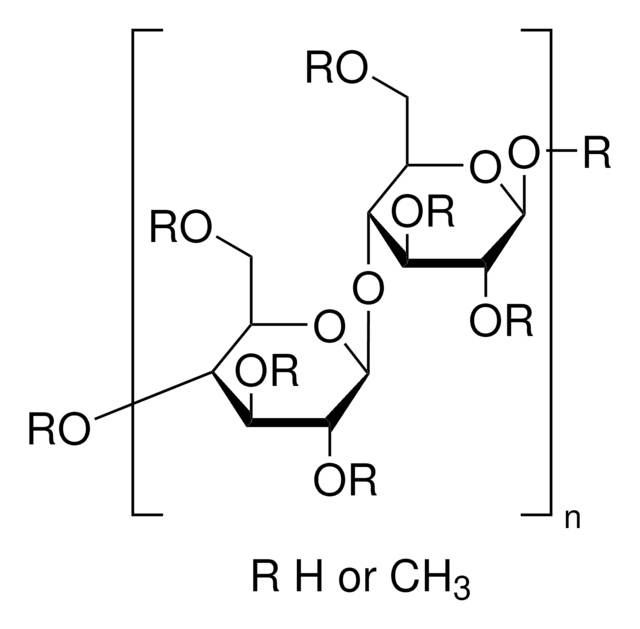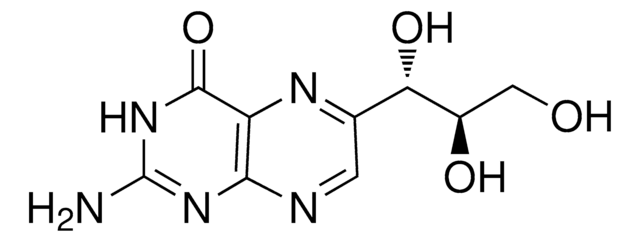About This Item
Recommended Products
grade
for analytical purposes
Assay
≥98.0%
form
powder or chunks
reaction suitability
reagent type: catalyst
core: sodium
storage temp.
2-8°C
SMILES string
O.O.O.O.O.O.O.O.O.[Na]S[Na]
InChI
1S/2Na.9H2O.S/h;;9*1H2;
InChI key
UIINQVYGFKNSPA-UHFFFAOYSA-N
Looking for similar products? Visit Product Comparison Guide
Caution
Signal Word
Danger
Hazard Statements
Precautionary Statements
Hazard Classifications
Acute Tox. 3 Dermal - Acute Tox. 4 Oral - Aquatic Acute 1 - Aquatic Chronic 1 - Eye Dam. 1 - Skin Corr. 1B
Storage Class Code
6.1C - Combustible acute toxic Cat.3 / toxic compounds or compounds which causing chronic effects
WGK
WGK 3
Flash Point(F)
Not applicable
Flash Point(C)
Not applicable
Choose from one of the most recent versions:
Already Own This Product?
Find documentation for the products that you have recently purchased in the Document Library.
Our team of scientists has experience in all areas of research including Life Science, Material Science, Chemical Synthesis, Chromatography, Analytical and many others.
Contact Technical Service











